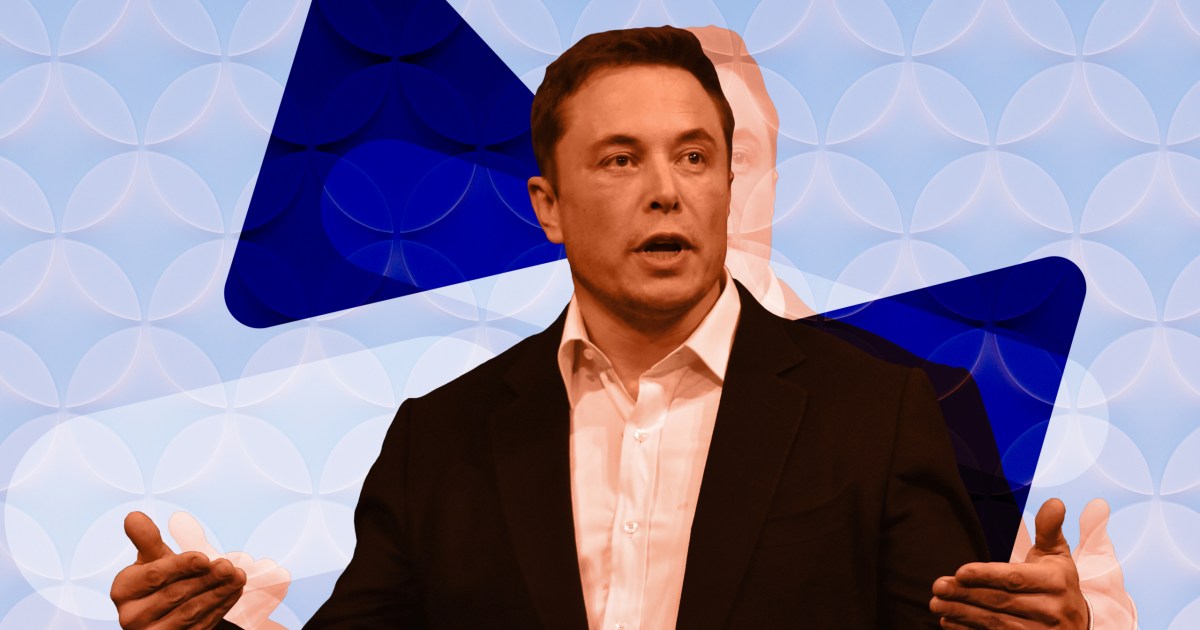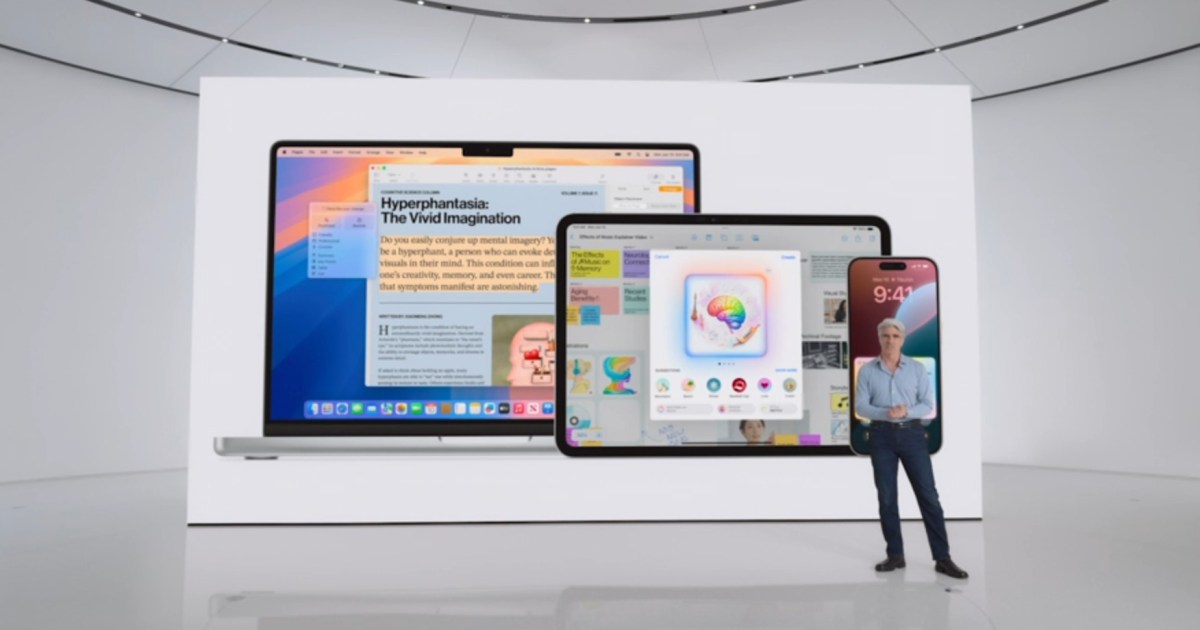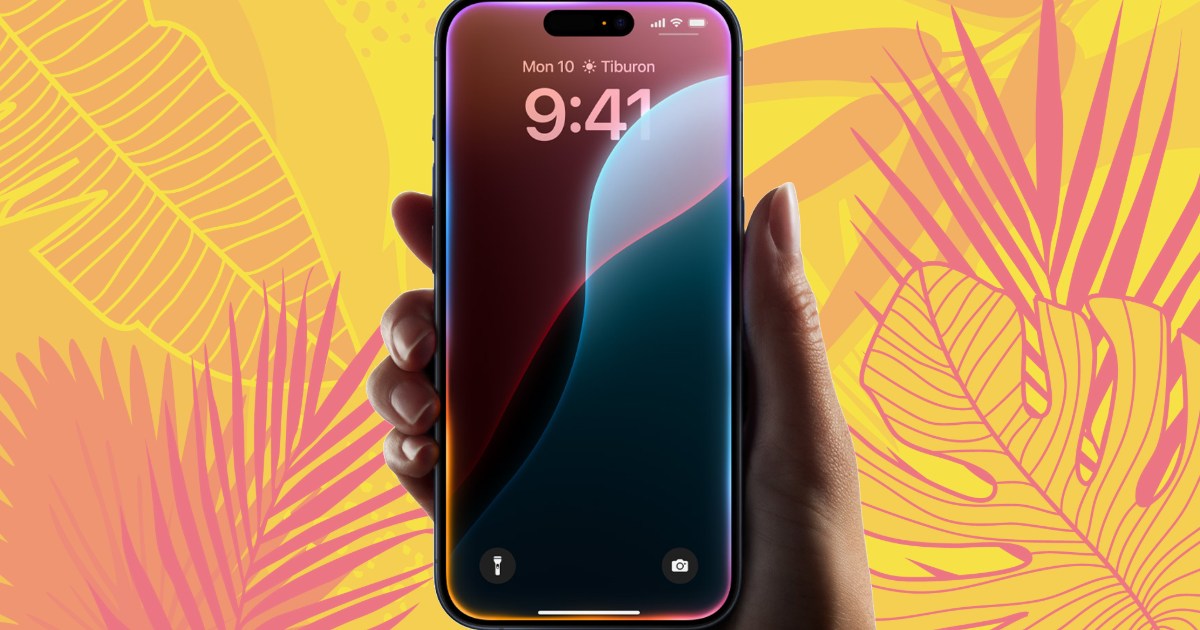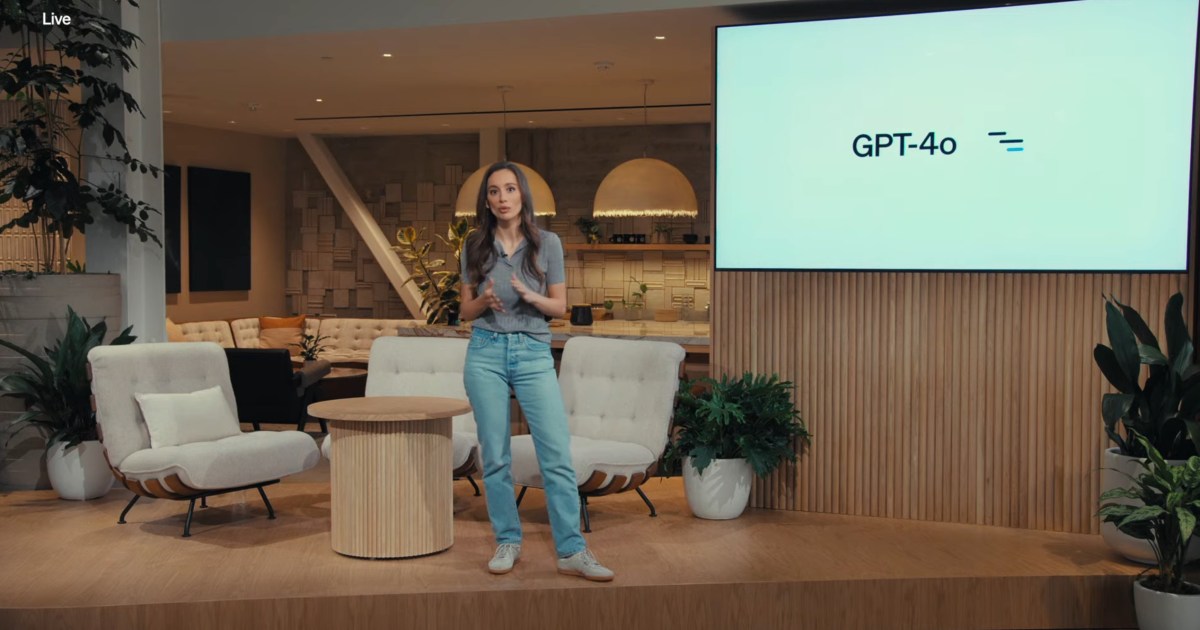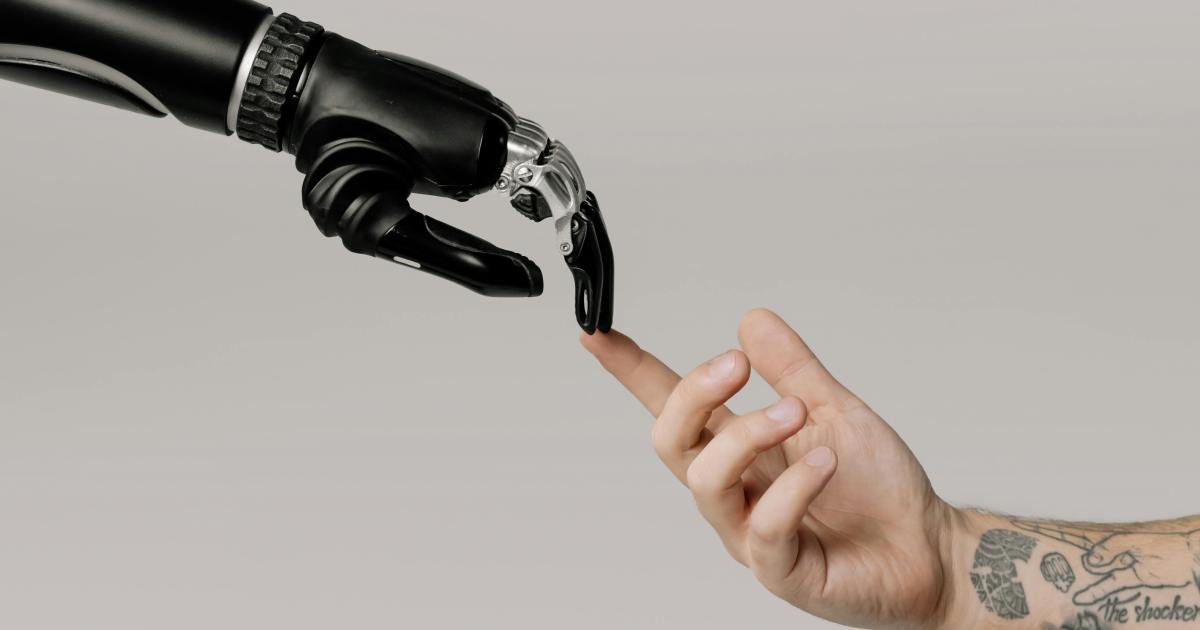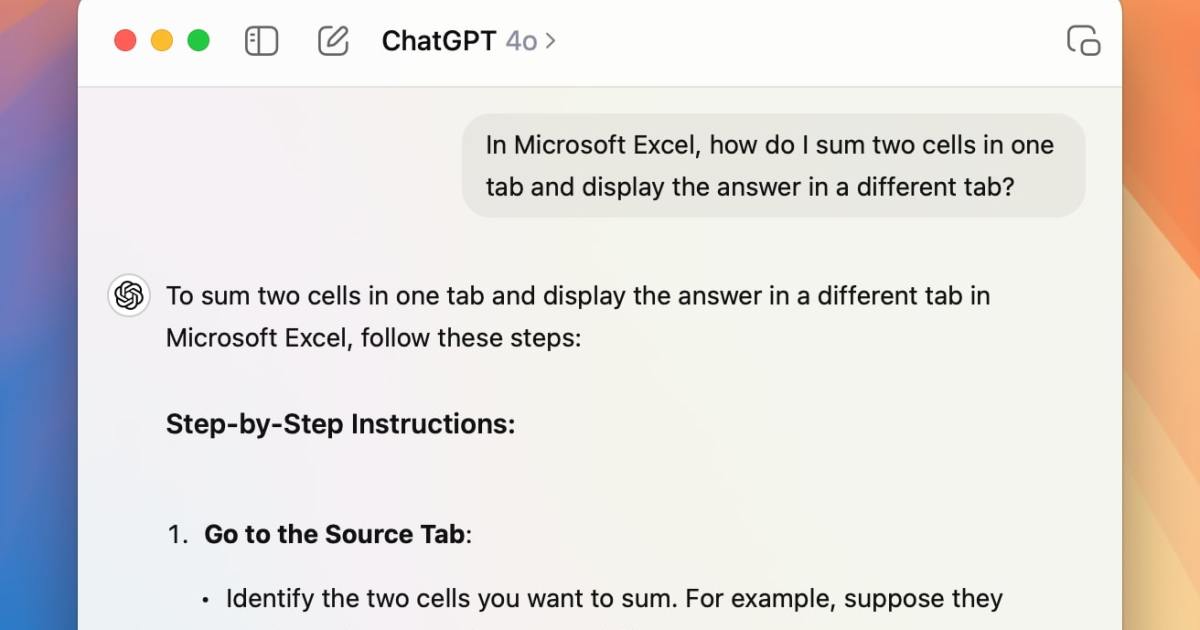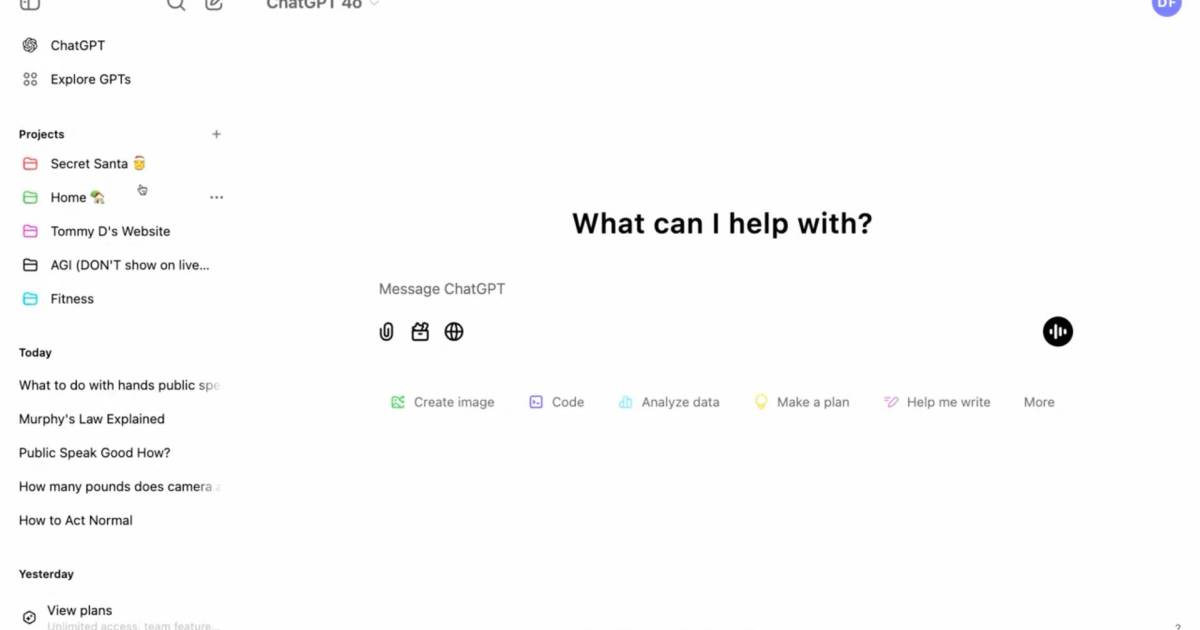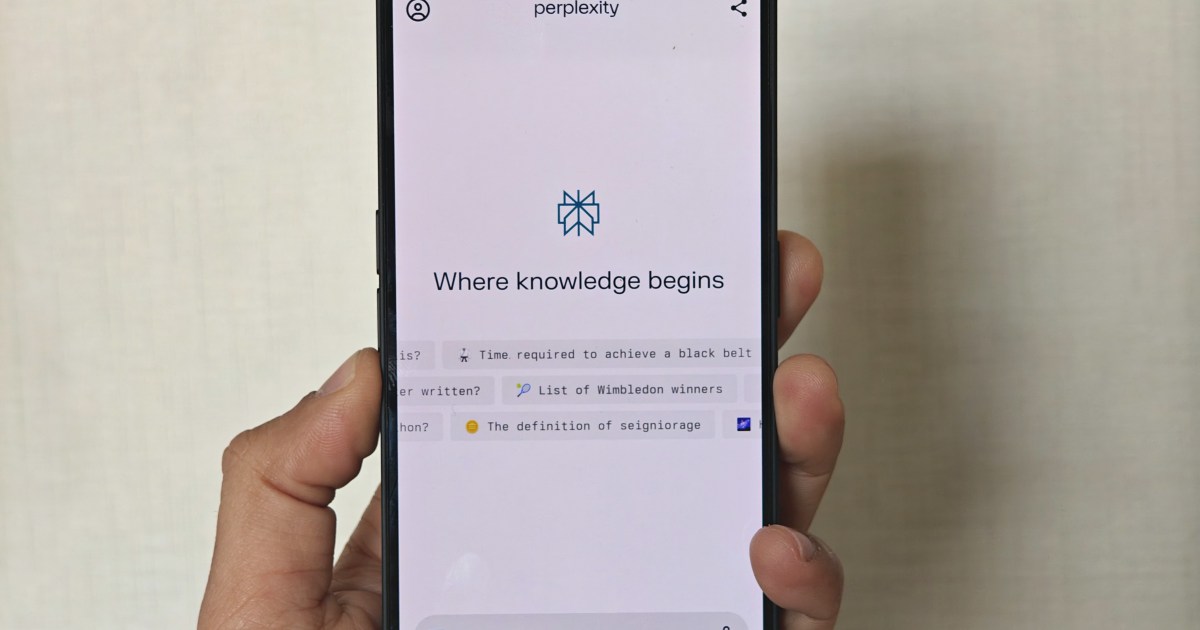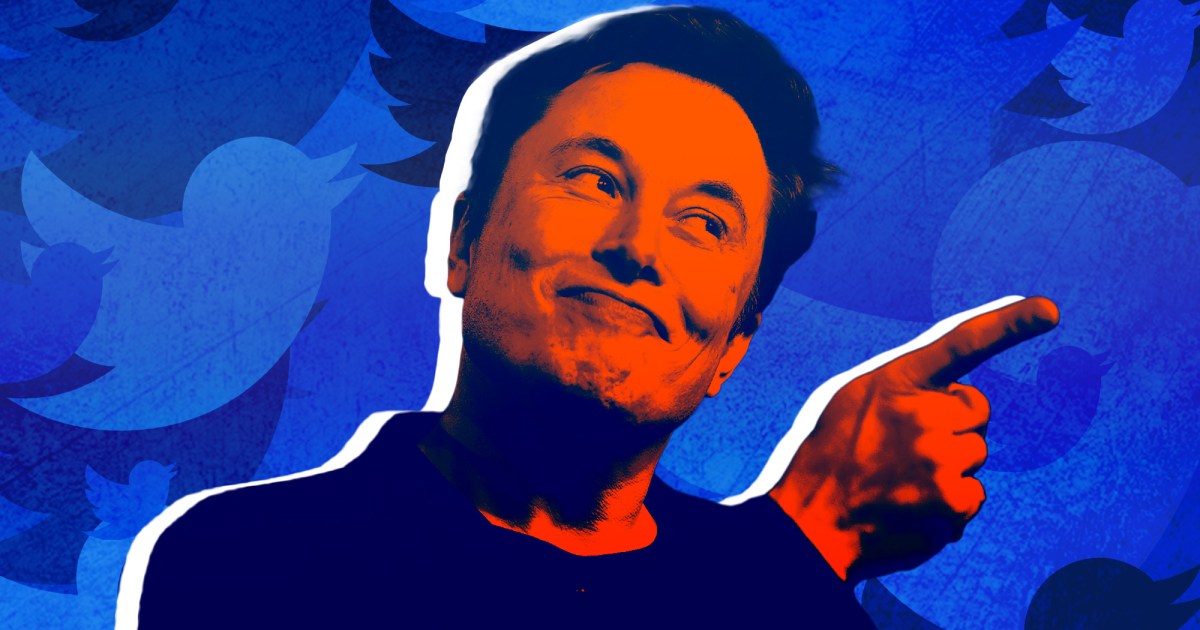Elon Musk, CEO of SpaceX, Tesla, and X (formerly Twitter), publicly criticized Apple’s collaboration with OpenAI, raising concerns about privacy and security. He directly addressed Apple CEO Tim Cook, urging him to halt the “creepy spyware” and threatened to ban Apple devices from his companies.
This strong reaction followed Apple’s announcement of the partnership during its Worldwide Developers Conference (WWDC). The collaboration aims to integrate OpenAI’s AI capabilities, including ChatGPT, into Apple products, starting with enhancements to Siri in iOS 18.
Musk took to X to express his disapproval, calling the partnership “an unacceptable security violation.” In a direct reply to Tim Cook’s post about Apple Intelligence, Musk stated, “Don’t want it. Either stop this creepy spyware or all Apple devices will be banned from the premises of my companies.” He further suggested that employees would have to leave their Apple devices in Faraday cages upon entering company premises.
Musk questioned Apple’s reliance on OpenAI for AI development, stating, “It’s patently absurd that Apple isn’t smart enough to make their own AI, yet is somehow capable of ensuring that OpenAI will protect your security & privacy!” He also accused Apple of “selling you down the river” by handing user data over to OpenAI.
While a now-deleted community note on X clarified that Apple Intelligence doesn’t share personal data with OpenAI and that user prompts are offered before sharing data, Musk’s concerns persist. OpenAI’s website states that privacy protections are built into ChatGPT’s integration with Siri and Writing Tools, with requests not being stored and IP addresses obscured. Users can also connect their ChatGPT account for personalized data preferences.
Musk’s outburst likely stems from his history with OpenAI. He co-founded the company in 2015 but left three years later. Since OpenAI’s rise to prominence with ChatGPT, Musk has frequently criticized the company. He even sued OpenAI in March, alleging a shift from its original mission of developing AI for the benefit of humanity towards profit-driven motives. Musk also launched his own competing AI venture last year.
Musk’s concerns, however, tap into broader anxieties around AI and privacy. The rapid advancement of AI technology and the lack of comprehensive regulations raise legitimate questions about data security and user privacy, as highlighted by recent controversies surrounding Microsoft’s AI-powered Recall feature.
In conclusion, Elon Musk’s public criticism of Apple’s partnership with OpenAI highlights growing concerns about the privacy implications of integrating AI into everyday technology. While both Apple and OpenAI assure users of privacy safeguards, the debate underscores the need for ongoing discussion and regulation in the rapidly evolving field of artificial intelligence.



